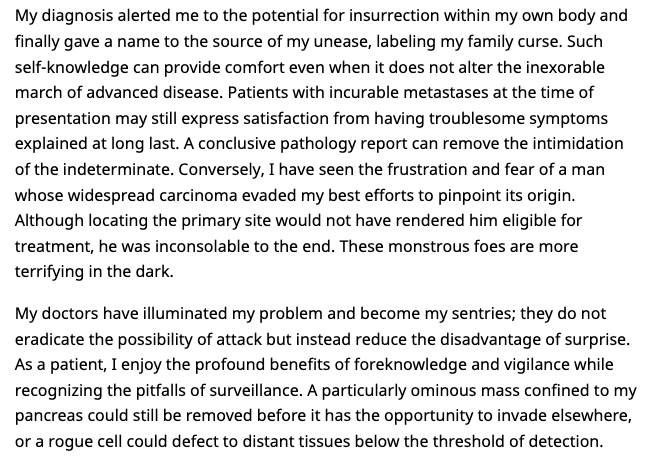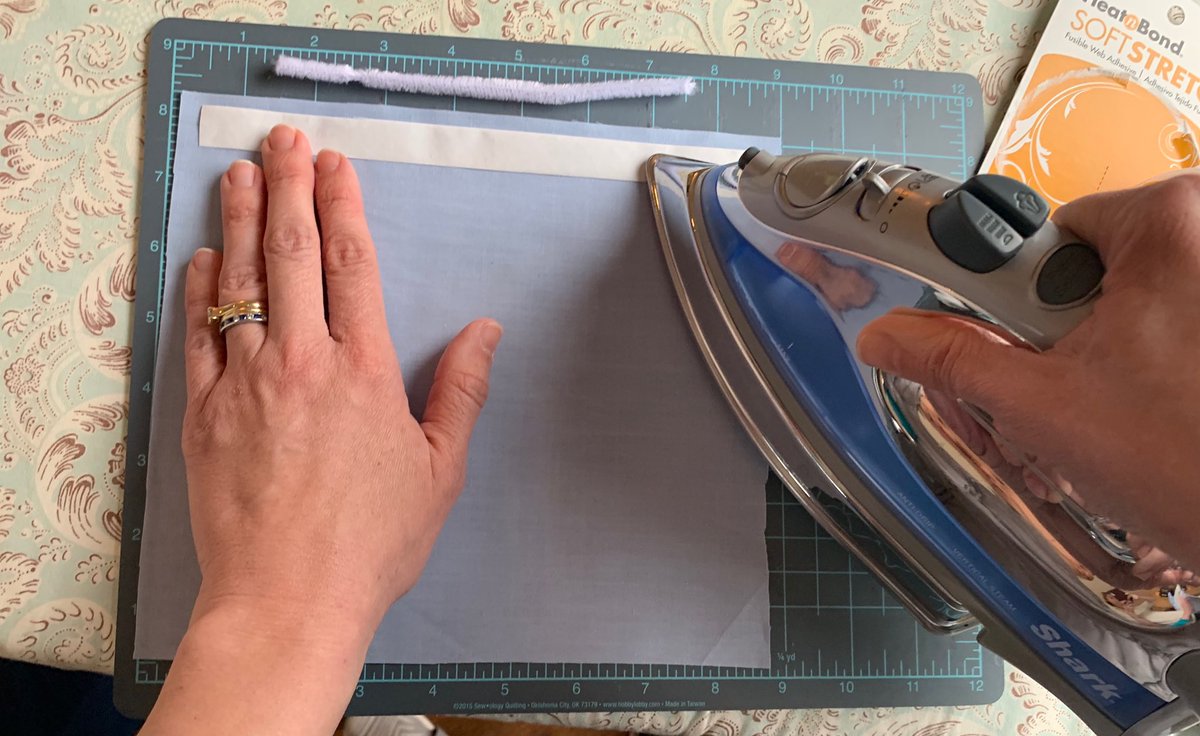Today, during an #ASCO20 clinical science symposium, I'm honored to comment as a patient-physician on the meaning of drug development for rare diseases
Inspired by @DavidFajgenbaum (but not half the man he is) I am going to share my own story
I would later describe the moment thusly:

But I have gained the hardwon empathy for the patients with rare diseases, those whose hoofbeats are considered too esoteric to be heard when the horses of common illnesses are galloping all around us.
@VivekSubbiah, for instance, is doing pioneering work on RET targeting
Tune in today at #ASCO20 to learn more about the marriage of genomics and targeted therapy bringing new hope.


















